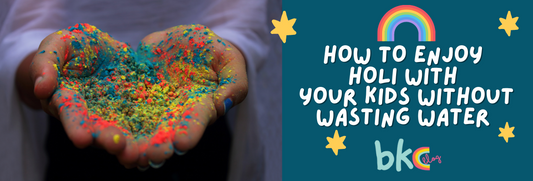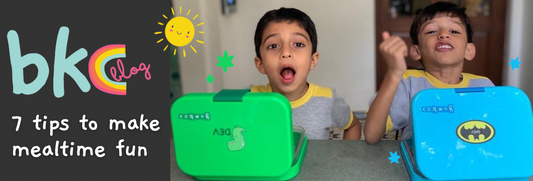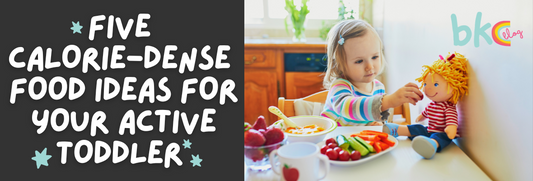Did you know approximately 93% of children under the age of 15 years breathe air full of pollution and toxins that put their health and development at serious risk? This has led to an increase in the number of respiratory diseases faced by children right from their early years. As a parent, how can you protect your children from pollution, especially during winter? Read on to find out.

When it comes to our kids, we want to do everything in our power to keep them healthy and safe. Unfortunately, there are some things that are out of our control – like the air they breathe.
As the weather gets colder and we all start to spend more time indoors, it's important to be aware of the dangers of indoor air pollution. Studies have shown that the air inside our homes and offices can be up to five times more polluted than the air outside.
One of the most vulnerable groups to indoor air pollution are young children. Their bodies are still developing and they breathe more rapidly than adults, so they're more likely to be affected by pollutants in the air, and you may find them falling sick more often during winter.
How to Protect Children from Pollution
There are two types of air pollutants that are particularly harmful to young children: particulate matter and ozone. Particulate matter is a mixture of solid and liquid particles that float in the air. These particles can come from car exhaust, power plants, construction sites, and other sources. Ozone is a gas that forms when emissions from cars and factories react with sunlight. Both of these pollutants can cause a range of respiratory problems in young children.

Here are some ways to help protect your little ones from these pollutants in winter:
1. Keep Them Warm
This is especially important in winter when cold air can aggravate respiratory conditions. Make sure your child is adequately dressed when going outside and consider using a humidifier in their room to keep the air moist.
2. Monitor Symptoms
Keep an eye on your child’s symptoms and if they seem to be persisting or getting worse, take them to see a doctor. It is also important to be aware of any triggers that seem to make their symptoms worse.
3. Help Them Stay Hydrated
It is important for children with respiratory diseases to stay hydrated. Make sure they are drinking plenty of fluids and avoid giving them sugary drinks.

4. Stay Up-To-Date on Vaccinations
Children’s bodies are growing and developing, therefore making them more prone to illnesses. Timely vaccinations help their bodies develop antibodies and prevent them from falling ill in the first place.
5. Keep Them Indoors
When the air quality is poor, it's best to keep children indoors. There are a few simple things you can do to protect your children from indoor air pollution this winter.
-
Make sure your home is well-ventilated. Open windows and doors regularly to let fresh air in and create a cross-breeze. Exercise caution when air quality drops to critical levels; best to keep windows shut and rely on humidifiers to keep the air fresh and filtered.
-
Keep dust to a minimum. Dust mites are a common cause of indoor allergies and can be found in carpets, bedding, and upholstered furniture. Regular vacuuming and dusting will help to reduce their numbers.
-
Avoid using chemical cleaning products. Many of these products release harmful toxins into the air. Look for natural alternatives or make your own cleaning solutions.

If they have to go outside, make sure they wear a mask, stay close to you, and avoid areas where there is a lot of traffic.
6. Monitor the Air Quality
Thanks to our smartphones, we can simply download trusted apps to monitor air quality. Keep an eye on the air quality index in your area – indoors and outdoors. When the air quality is poor, take extra precautions to protect your children, including buying a humidifier indoors (if required), making sure doors and windows are shut, installing air filters and purifiers indoors, and protecting with masks, scarves, and wraps when outdoors.
No parent likes to see their young ones suffer from illnesses. With a little planning and preparation, you can help keep your children safe from pollution this winter!





